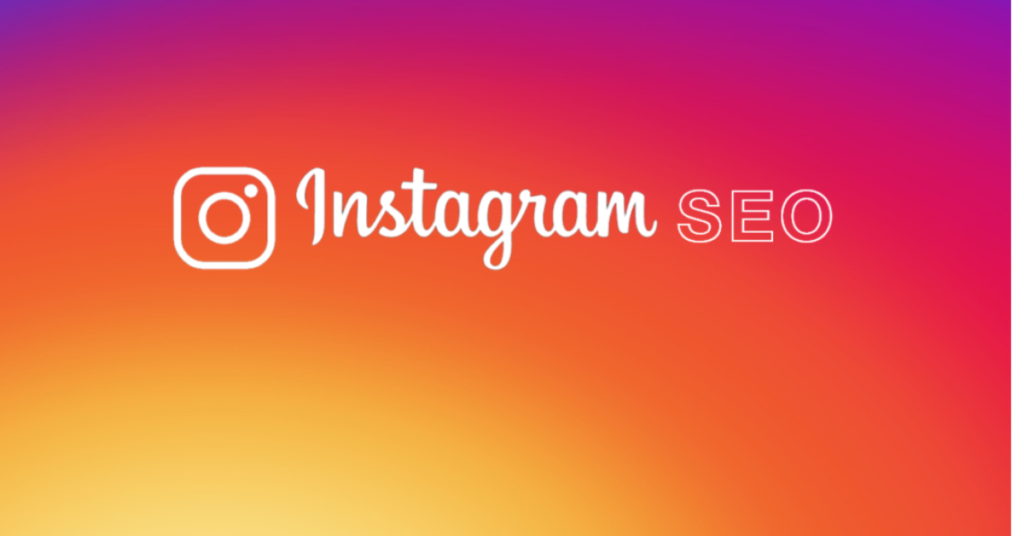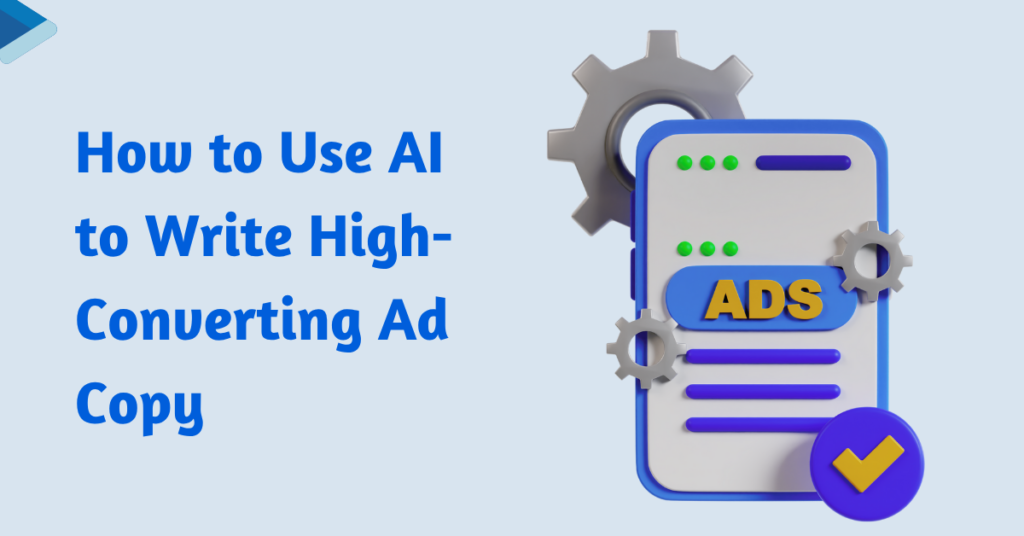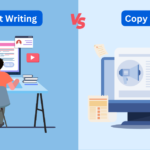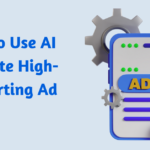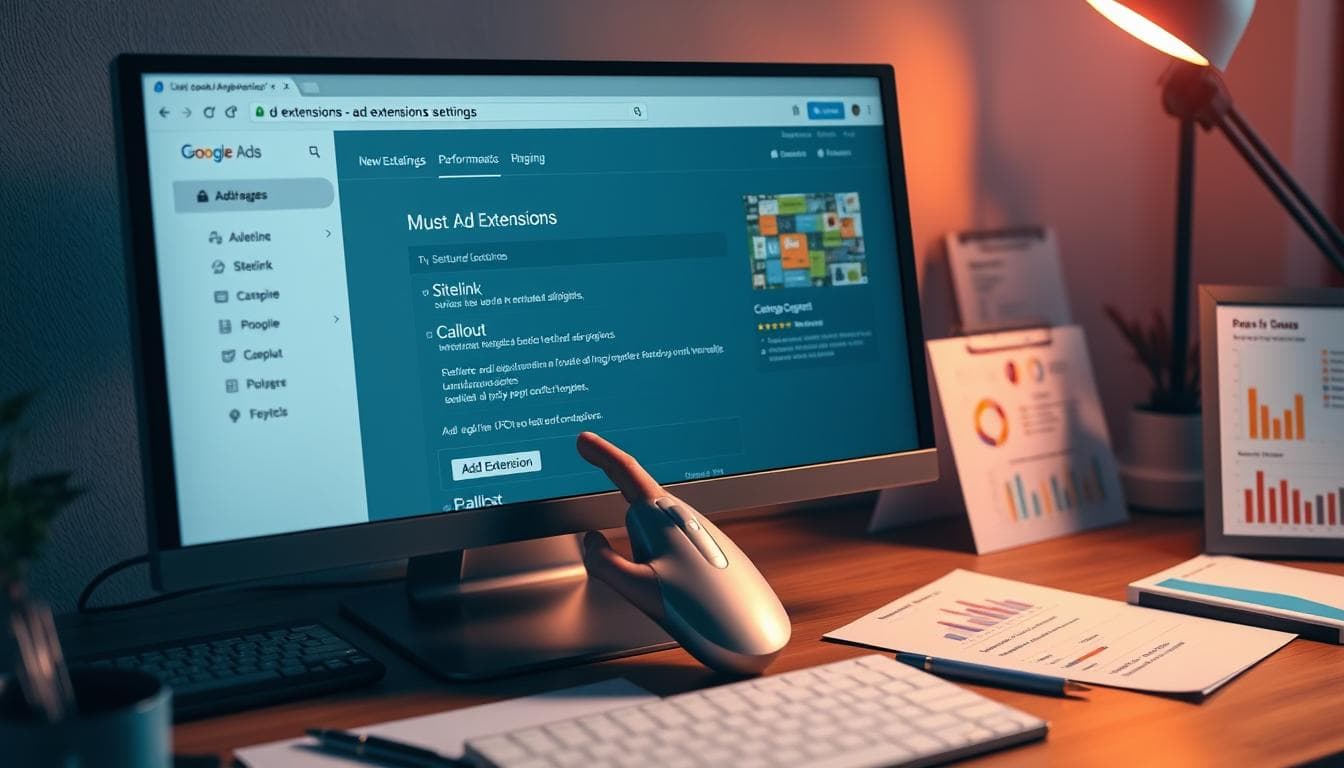AI in Digital Marketing: A Game-Changer for Every Channel
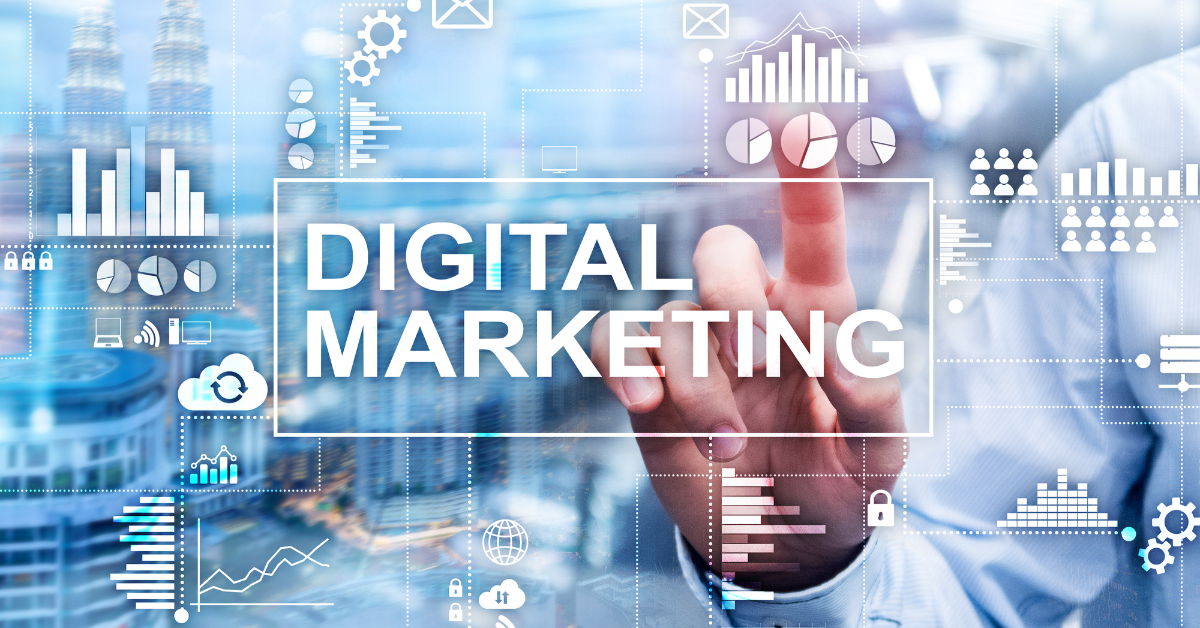
Artificial intelligence (AI) is no longer a futuristic concept. In 2025, it’s an essential part of how digital marketing strategies are built, executed, and optimized. From content creation and SEO to ad targeting and customer service, AI is reshaping the marketing landscape.
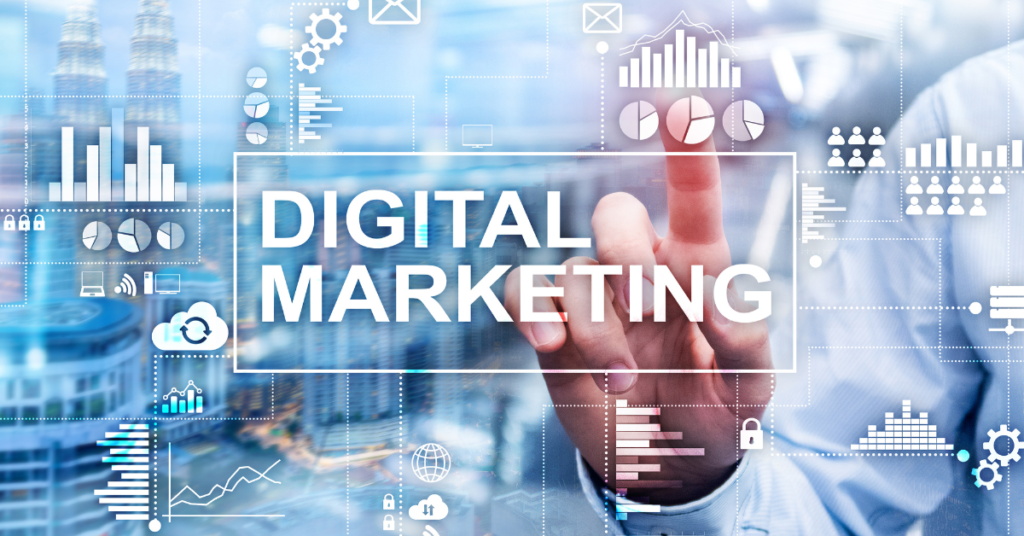
What Is AI in Digital Marketing?
AI in digital marketing refers to the use of machine learning, natural language processing, and data analytics tools to automate tasks, personalize customer experiences, and generate insights that drive better marketing performance.
Key Technologies:
- Machine Learning (ML)
- Natural Language Processing (NLP)
- Predictive Analytics
- Computer Vision
- Generative AI (e.g., ChatGPT, DALL-E, Midjourney)
Real-World Stats:
- According to Statista, 80% of marketers already use some form of AI in their campaigns.
- McKinsey reports AI can increase marketing productivity by up to 40%.
AI in Content Creation
Content remains king, but AI has become the trusted advisor. Today’s tools can help marketers plan, create, and distribute content faster and more efficiently.
Applications:
- Blog post generation (e.g., ChatGPT, Jasper)
- Video summarization (e.g., Pictory)
- Image generation (e.g., Midjourney)
- Script writing for YouTube/ads
- Content calendar automation
Example:
HubSpot uses AI tools to draft blog outlines and automate repurposing of content into social posts, significantly reducing their content production time.
AI in SEO Optimization (with AIO Best Practices)
AI is a game-changer in SEO. From keyword research to SERP analysis, AI tools now support nearly every stage of SEO.
AI-Powered SEO Tools:
- Surfer SEO (on-page optimization)
- Clearscope (content clarity and keyword density)
- SEMrush and Ahrefs (AI-enhanced keyword and backlink tools)
- MarketMuse (topic modeling)
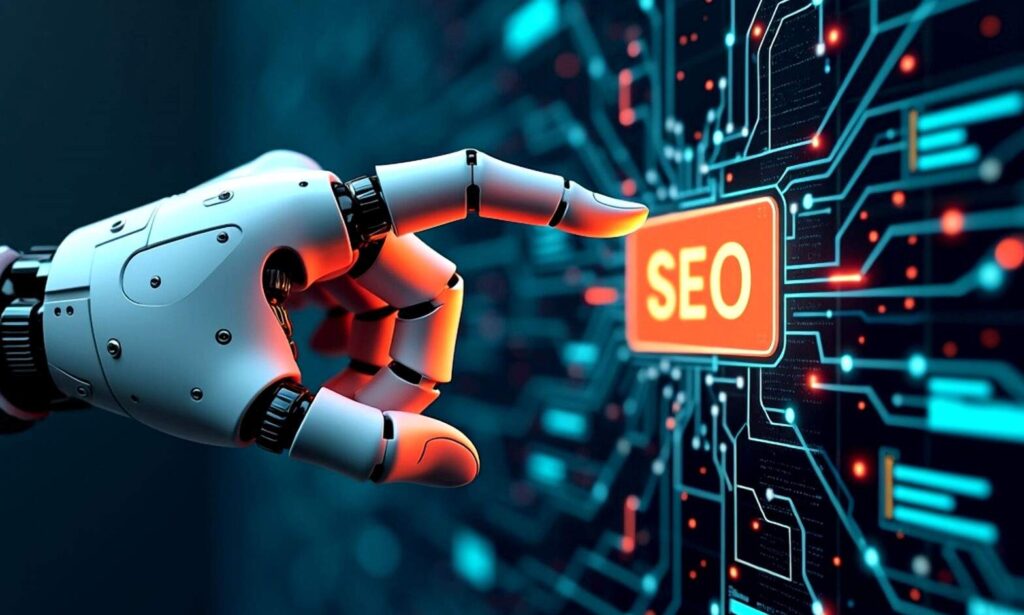
AIO Best Practices:
- Structure content semantically with headings, schema markup, and keyword clusters.
- Ensure your AI-generated content answers the “People Also Ask” and related search queries.
- Use AI to analyze competitors’ top-ranking pages.
Example:
Neil Patel’s Ubersuggest platform uses AI to recommend SEO improvements and backlink strategies, allowing users to optimize at scale.
Also Read: Content Writing vs Copywriting: Key Differences & How to Use Them in 2025
AI in Paid Advertising
AI improves targeting, bidding, and performance analysis in digital ad platforms like Google Ads, Facebook Ads, and LinkedIn.
How AI Is Used:
- Predictive bidding strategies
- Audience segmentation
- Ad copy testing
- Performance forecasting
Tools:
- Google Performance Max (AI-driven campaigns)
- Meta Advantage+ (automated audience and creative testing)
Example:
A travel brand used Meta’s AI-powered campaigns to auto-adjust ads across regions, increasing CTR by 42% in location-specific campaigns.
AI in Email Marketing
Email marketing still delivers one of the highest ROIs, and AI enhances it further through personalization and timing optimization.
Benefits:
- AI-driven subject line testing
- Send-time optimization
- Dynamic segmentation
- Personalized product recommendations
Tools:
- Mailchimp’s AI content suggestions
- ActiveCampaign’s automation with predictive sending
Example:
Amazon uses AI to deliver hyper-personalized email recommendations based on user browsing behavior, increasing conversions.
AI in Social Media Marketing
AI automates publishing, content creation, and audience engagement on social platforms.
Applications:
- Post scheduling and performance prediction
- Trend analysis (via AI like BuzzSumo or Sprout Social)
- AI caption and hashtag generation
- Chatbots for social DMs
Example:
Netflix uses AI to tailor thumbnails and social copy to different regions and viewer segments.
AI in Customer Experience & Chatbots
AI improves customer service by offering instant, 24/7 support and guiding users toward purchases.
Popular Tools:
- Intercom AI
- Drift
- Zendesk AI

Example:
Sephora’s chatbot helps users find the right products based on location, availability, and previous purchases.
AI for GEO Targeting and Personalization
Geographic targeting is more advanced with AI. Instead of just setting a location, marketers can serve region-specific offers, content, and languages.
Use Cases:
- Localized ad creatives
- City-specific landing pages
- Regional product catalogs

Best Practices:
- Use AI to analyze location-based behavior and adjust campaigns accordingly.
- Integrate with CRM to personalize based on local trends.
Example:
Spotify recommends different playlists based on your city’s trending tracks all powered by AI analyzing regional listening data.
AI in Predictive Analytics and Insights
AI allows marketers to move from reactive to proactive. Predictive analytics helps you forecast campaign performance, customer lifetime value, and churn.
Tools:
- Google Analytics 4 with predictive metrics
- Salesforce Einstein for lead scoring
- Adobe Sensei for behavioral insights
Application:
- Identifying which leads are most likely to convert
- Forecasting product demand by location
- Predicting high-traffic times for campaigns
Challenges of Using AI in Marketing
While powerful, AI is not without its challenges:
- Data privacy concerns
- Over-reliance on automation
- Inaccuracies in AI-generated content
- Ethical use of customer data
Solutions:
- Combine AI tools with human oversight.
- Use GDPR-compliant platforms.
- Train teams on ethical AI use.
Future of AI in Digital Marketing
Trends to Watch:
- More AI-human hybrid workflows
- Real-time content generation for AR/VR
- AI-powered influencer marketing matching
- Emotion analysis and sentiment-driven ads
The brands that thrive will be those that use AI not to replace creativity but to amplify it.
Final Thoughts
AI is changing digital marketing from the ground up. Whether you’re running a local campaign or managing global content, AI can help you scale, personalize, and succeed faster than ever.
But AI is only as powerful as the strategy behind it. Focus on understanding your audience, providing value, and using AI as a tool not a crutch.




